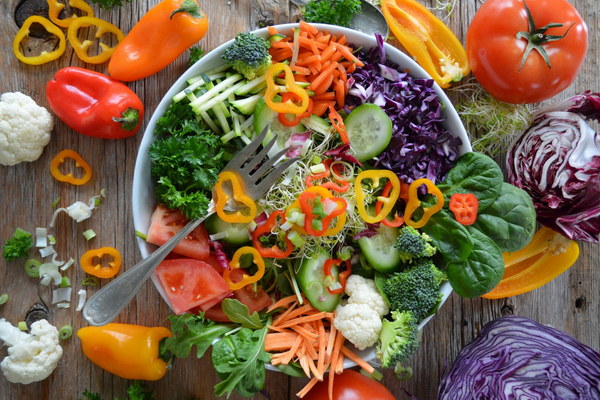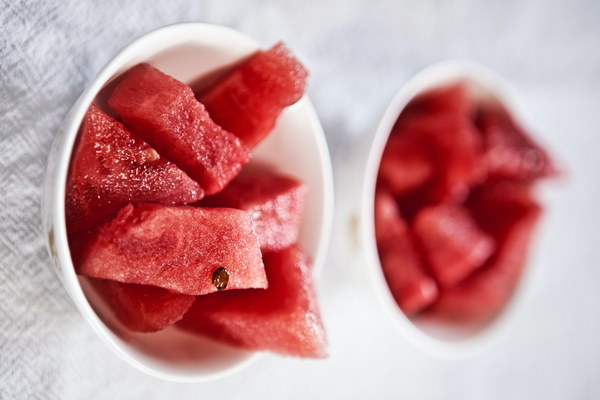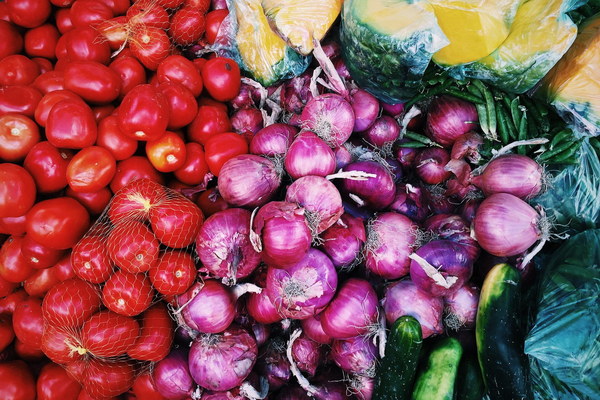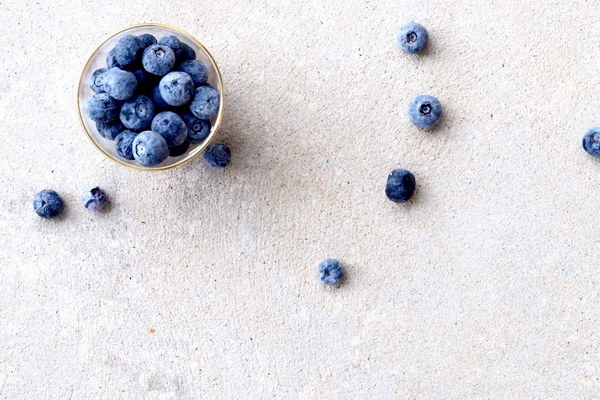Milk as a Liver Guardian How This Dairy Delicacy Helps Protect Your Hepatic Health
Milk as a Liver Guardian: How This Dairy Delicacy Helps Protect Your Hepatic Health
In the quest for a healthy liver, many turn to a variety of foods and supplements, all in an attempt to maintain optimal liver function. Amidst the myriad of options, one often overlooked dairy product stands out as a potential liver protector: milk. Yes, milk – that creamy, nutrient-rich beverage that many of us grew up with – could play a significant role in safeguarding our hepatic health. Let's delve into the reasons why milk is a liver guardian and how incorporating it into your diet can benefit your liver.
The Nutrient Powerhouse of Milk
Milk is a nutritional powerhouse, packed with essential nutrients that support overall health, including liver health. Here are some key nutrients found in milk that contribute to its liver-protective properties:
1. Protein: Milk is an excellent source of high-quality protein, which is crucial for liver function. Protein aids in the production of enzymes and antibodies that help filter out harmful substances and maintain liver health.
2. Vitamin B12: This vitamin is essential for red blood cell production and the metabolism of fats and carbohydrates. Deficiencies in Vitamin B12 can lead to liver damage, so ensuring an adequate intake is vital.
3. Vitamin D: Milk is fortified with Vitamin D, which is crucial for calcium absorption and bone health. Additionally, Vitamin D has been shown to have a protective effect on the liver, reducing the risk of non-alcoholic fatty liver disease (NAFLD).
4. Calcium: This mineral is important for bone health, but it also plays a role in liver function. Calcium helps regulate liver enzyme activity and can prevent the accumulation of fat in the liver.
5. Phosphorus: Milk is a good source of phosphorus, which works with calcium to maintain bone health and regulate the body's pH balance. Phosphorus also plays a role in the metabolism of fats and proteins, which is important for liver health.
How Milk Protects the Liver
Now that we've explored the nutrients in milk, let's understand how these components work together to protect the liver:
1. Anti-inflammatory Properties: The nutrients in milk, such as calcium, magnesium, and omega-3 fatty acids, have anti-inflammatory properties. Chronic inflammation is a significant risk factor for liver disease, so consuming anti-inflammatory foods like milk can help reduce the risk of conditions like NAFLD and cirrhosis.
2. Detoxification Support: The liver is responsible for detoxifying the body by filtering out harmful substances. Milk's high protein content supports the liver's ability to produce enzymes that aid in this detoxification process.
3. Fat-Soluble Vitamin Absorption: Milk is fortified with fat-soluble vitamins, such as A, D, E, and K. These vitamins are important for liver function, and milk helps ensure that the body can absorb and utilize these nutrients effectively.
4. Weight Management: Milk can contribute to maintaining a healthy weight, which is crucial for liver health. Excess weight, particularly abdominal fat, is a risk factor for NAFLD and other liver diseases.

Incorporating Milk into Your Diet
To enjoy the liver-protective benefits of milk, consider the following tips:
- Choose Whole Milk: If you're not lactose intolerant, opt for whole milk as it contains more of the beneficial nutrients that support liver health.
- Fortified Milk: Opt for fortified milk to ensure you're getting the necessary vitamins and minerals.
- Variety: Incorporate different types of milk into your diet, such as almond milk, soy milk, or oat milk, for variety and additional health benefits.
- Moderation: While milk is a healthy addition to your diet, it's important to consume it in moderation. Too much milk can be high in calories and saturated fat, so balance is key.
In conclusion, milk is more than just a comforting beverage; it's a potential liver guardian. With its nutrient-rich profile and liver-protective properties, milk can be an excellent addition to your diet if consumed in moderation. So, the next time you reach for a glass of milk, remember that you're not just sipping on a creamy drink – you're taking a step towards safeguarding your liver health.









